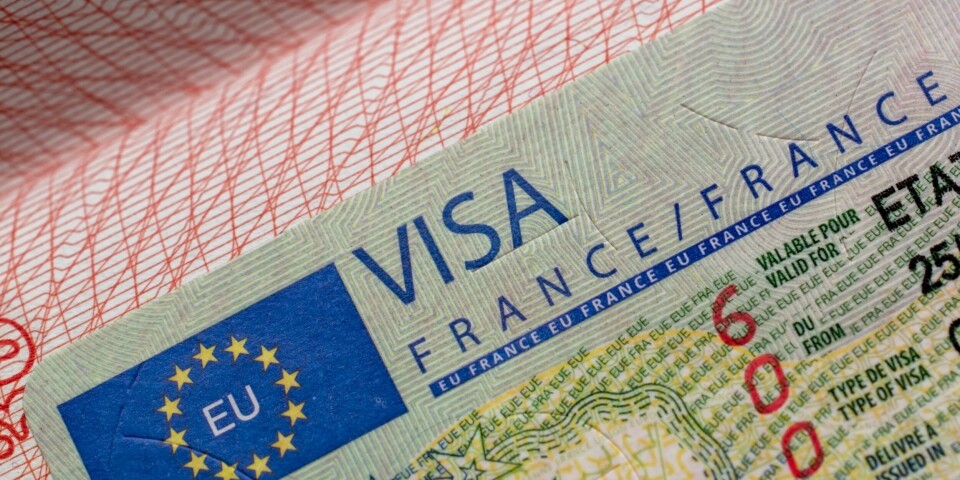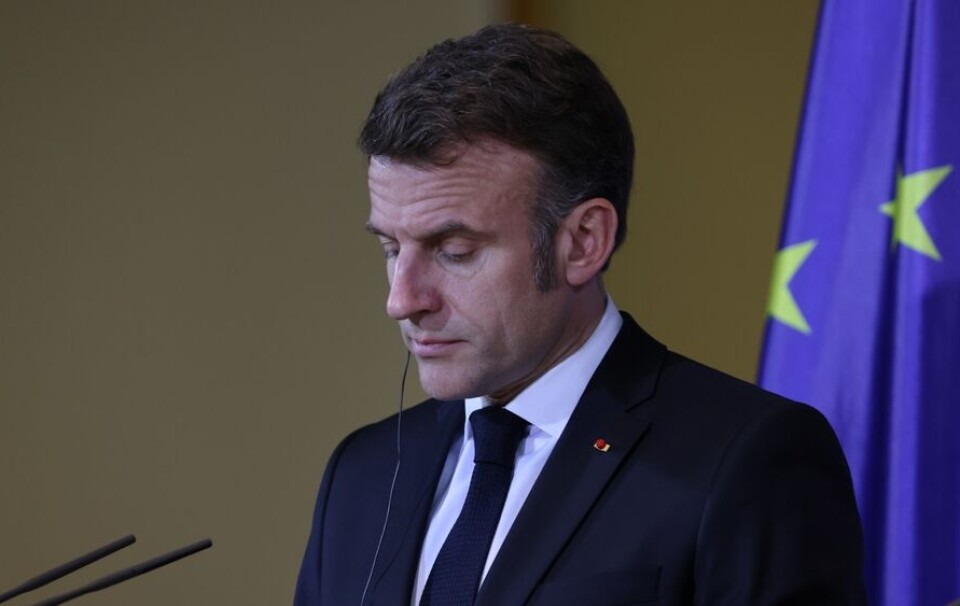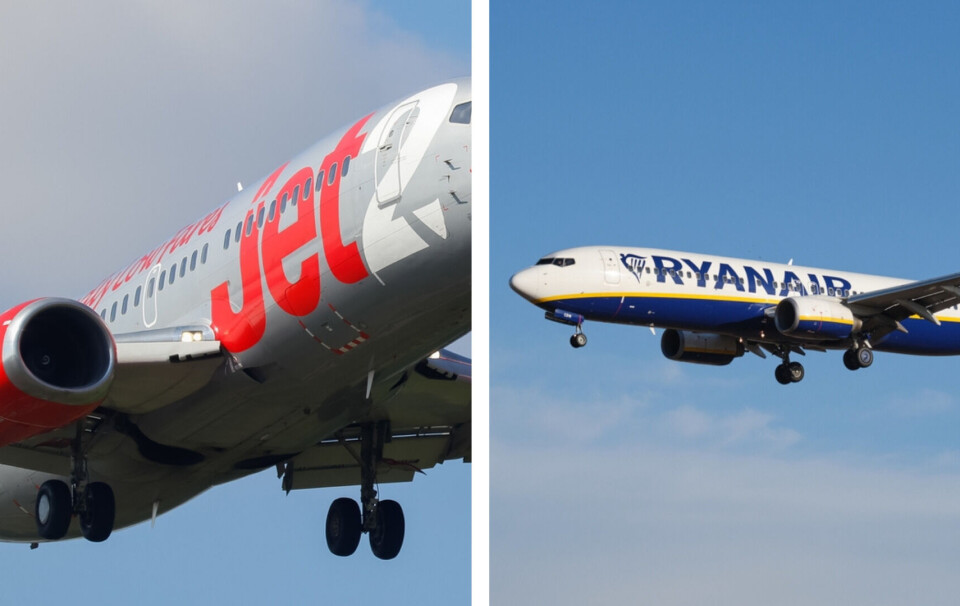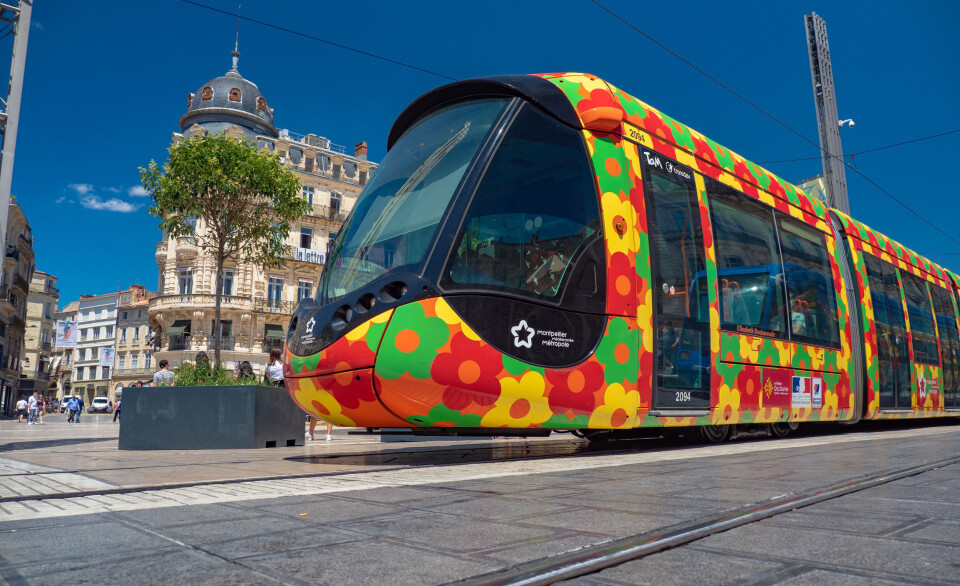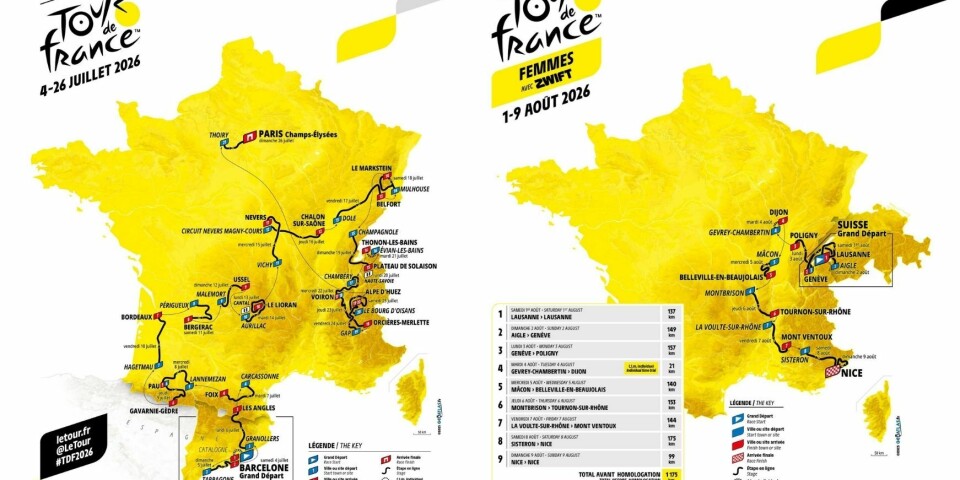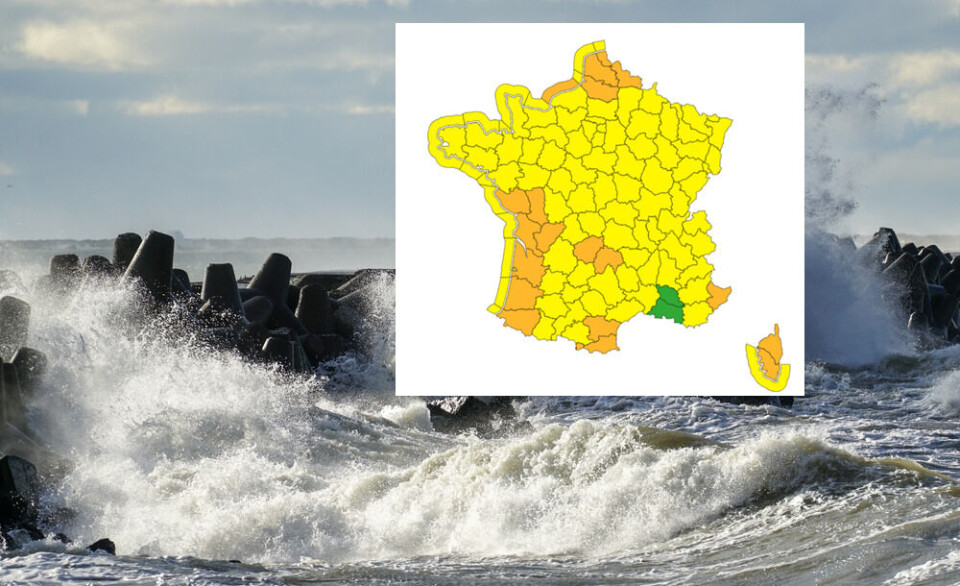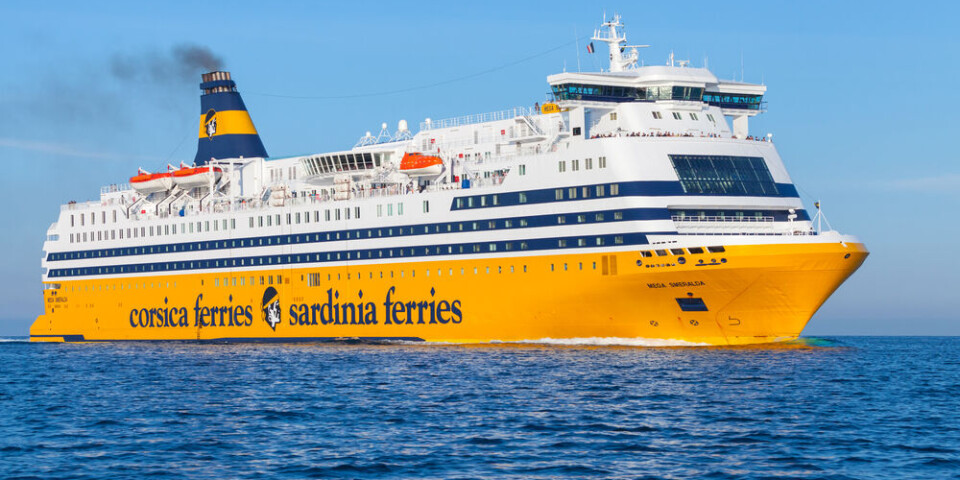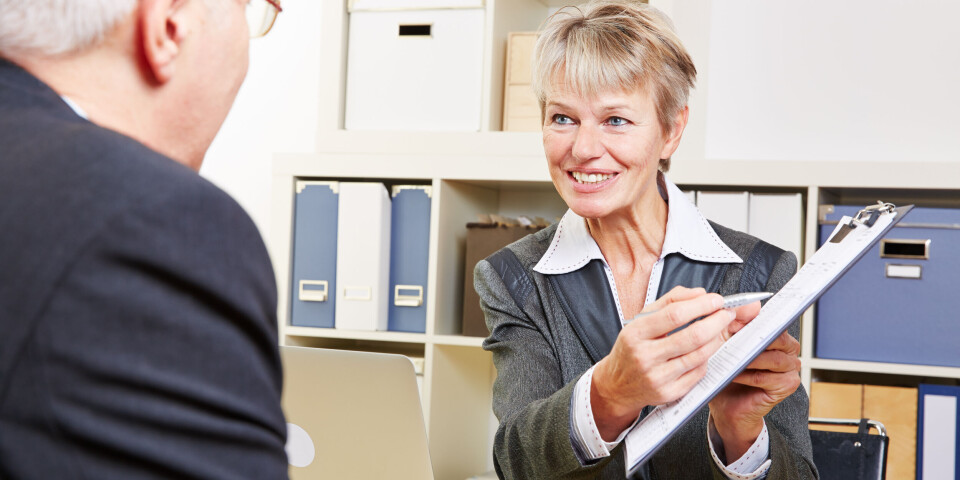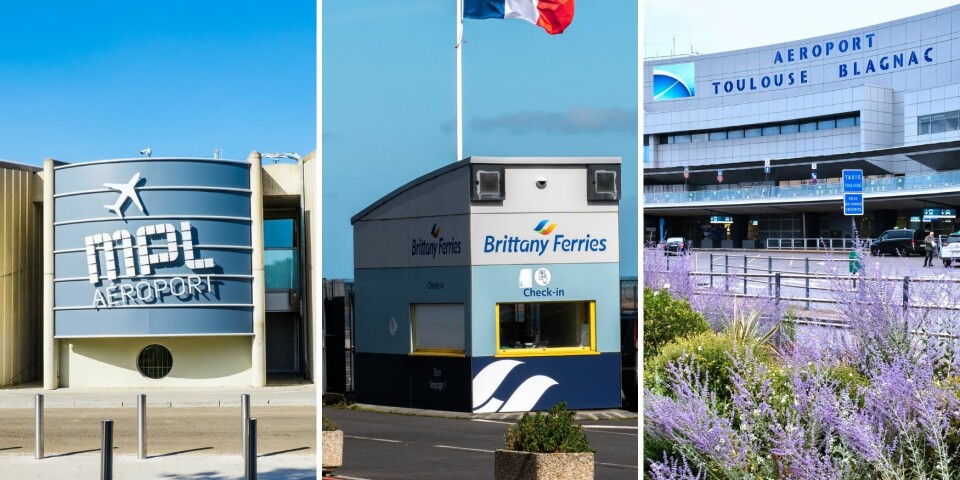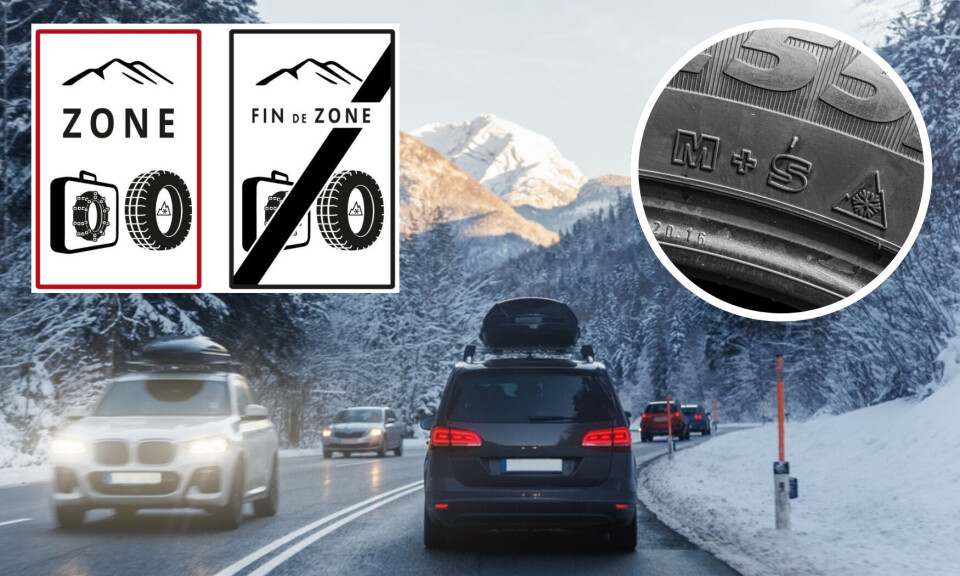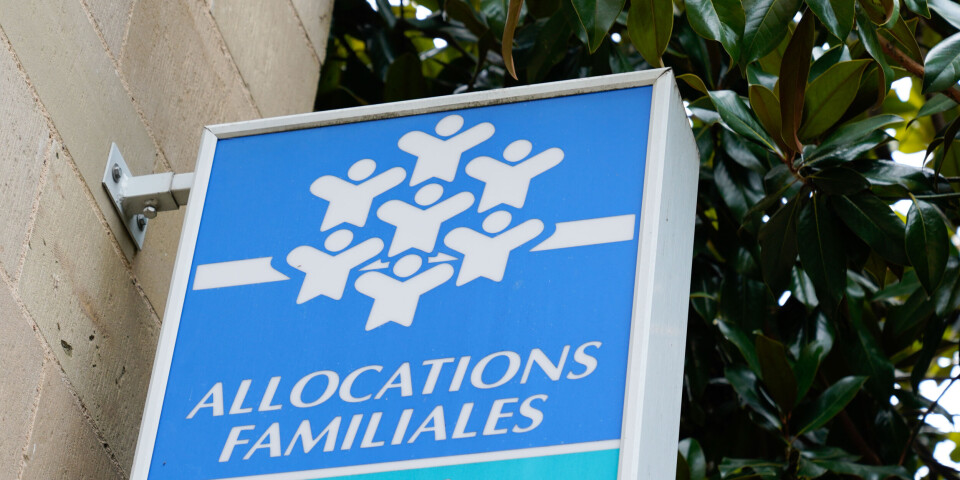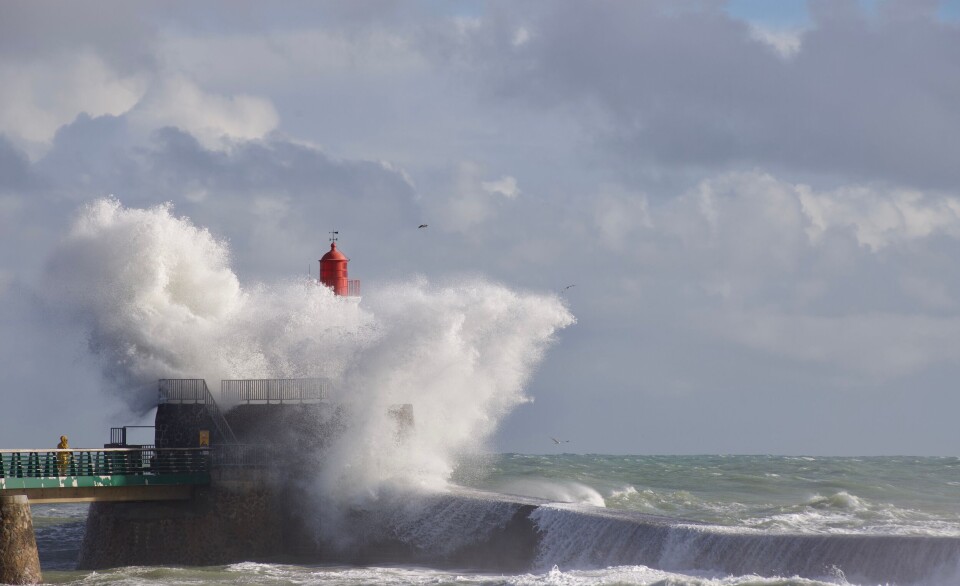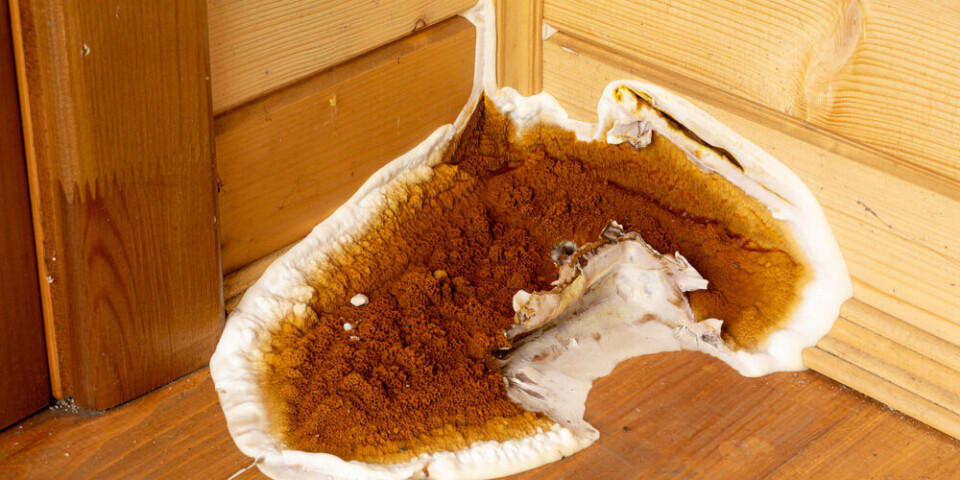-
Air France expands US schedule with direct Paris-Las Vegas route
Airline now offers 19 US destinations
-
2025 small business VAT reform definitively cancelled after Senate vote
New 2026 proposals remain on table but likely to be struck out as MP debates get underway
-
Small drop in percentage of French visa applications being declined
Roughly one in every six visa requests refused in 2024
Airlines struggle to identify fake PCR tests
Criminal networks exploit need for compulsory tests required to board a flight

Police have warned airlines to be on the alert for fake PCR test documents after a criminal gang producing them has been intercepted in France.
All travellers entering France, from inside or outside the EU, currently need to show a negative PCR test. As the test must be taken within 72 hours of passengers' flight departure time, criminals are seeking to exploit the situation by creating fakes that are confounding airline staff.
Similar rules are in place in other EU countries and EU criminal police force Europol issuing the following warning: “It is very probable that criminals will seize the opportunity to produce and sell fake Covid-19 test certificates for as long as restrictions on travel are maintained.”
Arrests of criminals suspected of faking certificates have already been made in the UK and France. A network in France was found guilty of selling at least 200 fake documents to passengers at a cost of €100-150 each.
As formats vary from laboratory to laboratory, with results printed on standard paper with no security features such as watermarks, airlines are struggling to differentiate between real documents and forgeries.
The national police service told news source Le Figaro it was “very difficult to distinguish between real and fake tests”.
Incidents of forgery relatively low
Police were only able to dismantle the forgery network in France, in November 2020, as border control officers noticed that a number of certificates were appearing from the same laboratory and each had the same test number - whereas a document from a real laboratory would give each test a unique number.
However, incidences of fake documents being used during the health crisis are still relatively low. A representative from Paris-Beauvais airport told Le Figaro: “The risk of fraud is not significant”, especially as border checks by police and airlines are becoming increasingly tight.
People found guilty of presenting a fake PCR test also face heavy penalties. In France, anyone found guilty of showing fake medical documents is liable for a fine of €45,000 and three years in prison.




